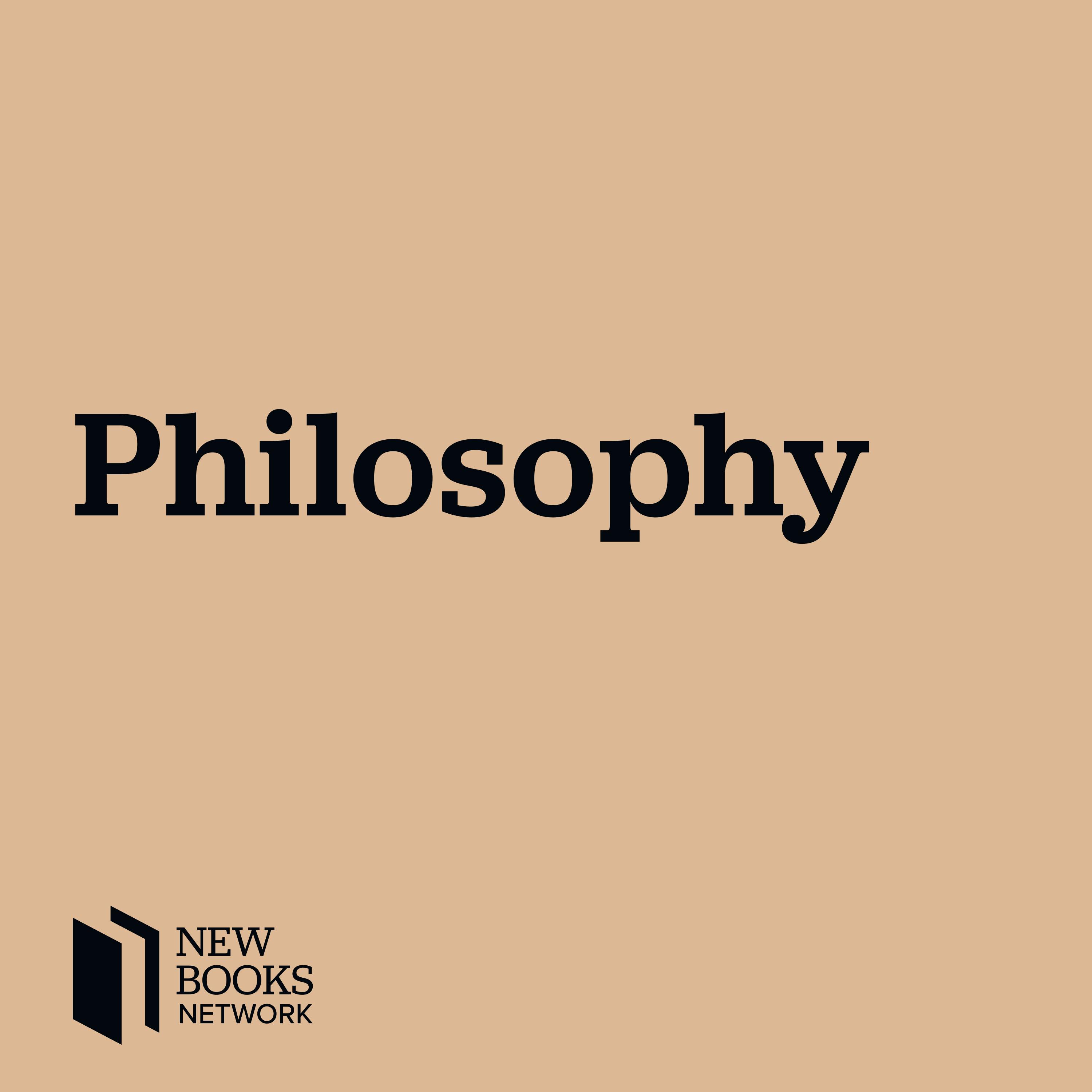Jon Robson, "Aesthetic Testimony: An Optimistic Approach" (Oxford UP, 2022)
Description
A lot of what we claim to know we learn from other people's testimony: they tell us, and in many ordinary contexts that is enough to gain knowledge. But for many philosophers, aesthetics is different. Such pessimists about aesthetic testimony hold that facts about aesthetic properties – such as Shakespeare's Hamlet being a tragedy, or Picasso's Guernica being anti-war – can't be transmitted by testimony, and can only be learned through first-person experience.
In Aesthetic Testimony: An Optimistic Approach (Oxford UP, 2022), Jon Robson argues that aesthetic testimony should be treated on a par with testimony in other domains; our deference to others in aesthetic matters is about the same as it is in other areas of knowledge. Robson, who is assistant professor of philosophy at the University of Nottingham, defends a view called contextualist optimism, in which, just as with testimony in other domains, whether we obtain aesthetic knowledge depends on the context in which aesthetic judgments are transmitted.
Carrie Figdor is professor of philosophy at the University of Iowa.
Learn more about your ad choices. Visit megaphone.fm/adchoices
Support our show by becoming a premium member! https://newbooksnetwork.supportingcast.fm/philosophy
More Episodes
How can we understand the changing power of race and gender to shape our reality? How shared is reality? Can narratives of experience help us develop these analyses? What role does embodiment play in shaping experience? In A Phenomenology for Women of Color: Merleau-Ponty and...
Published 04/20/24
"What's life for if there's no time to play and explore?" In The Weirdness of the World (Princeton UP, 2024), Eric Schwitzgebel invites the reader to a walk on the wilder side of philosophical speculation about the cosmos and consciousness. Is consciousness entirely a material phenomenon? How...
Published 04/10/24
In The Metaphysics of Meditation: Sri Aurobindo and Ādi Śaṅkara on the Īśā Upaniṣad (Bloomsbury 2024), Stephen Phillips argues that the two titular Vedānta philosophers are not as opposed as commonly thought. His book is structured as a series of essays on Aurobindo and Śaṅkara’s analysis of the...
Published 03/20/24


